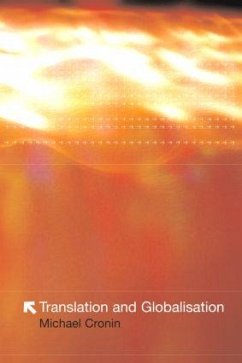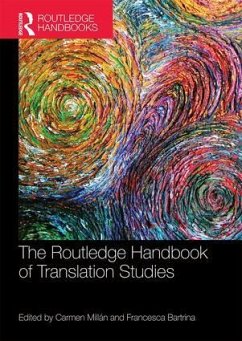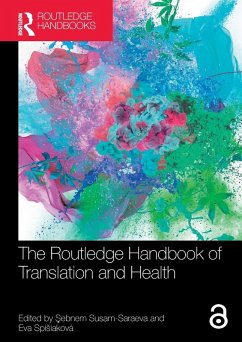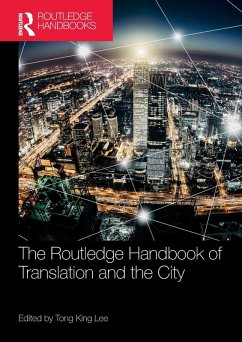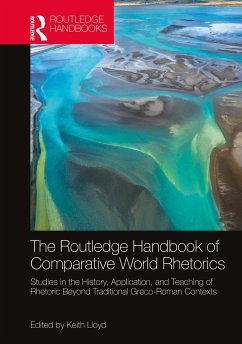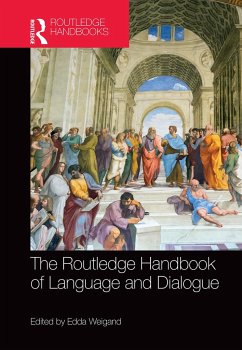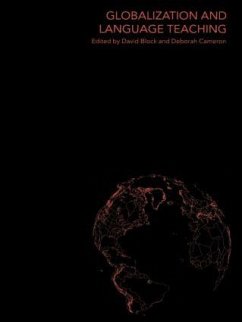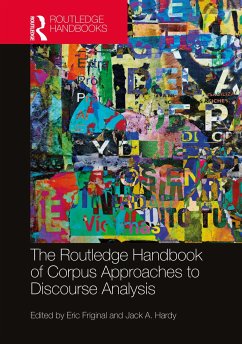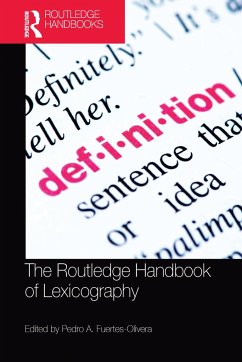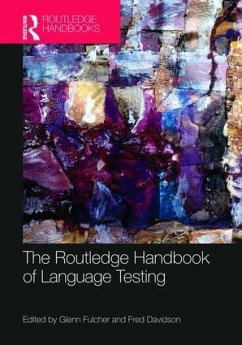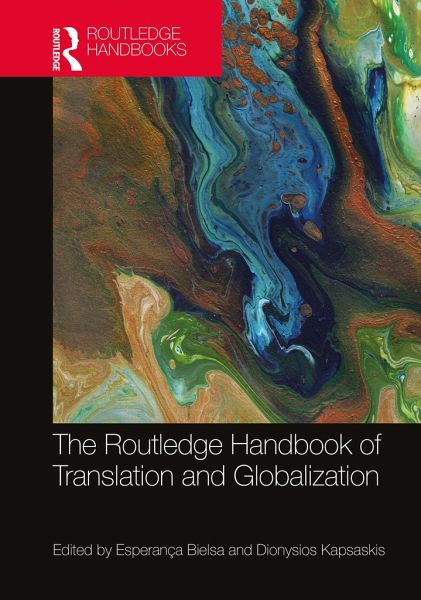
The Routledge Handbook of Translation and Globalization
Versandkostenfrei!
Versandfertig in 1-2 Wochen
267,99 €
inkl. MwSt.
Weitere Ausgaben:

PAYBACK Punkte
134 °P sammeln!
The first handbook to provide a comprehensive coverage of the main approaches that theorize translation and globalization, it is an indispensable resource for students and researchers of translation and globalization within translation and interpreting studies, comparative literature, sociology, global studies, cultural studies and related areas.




